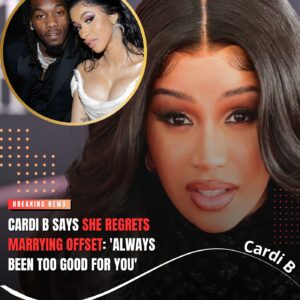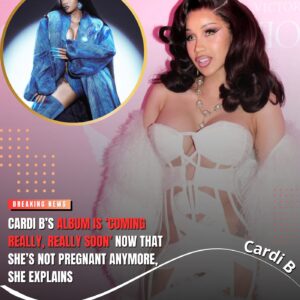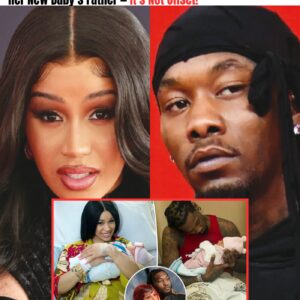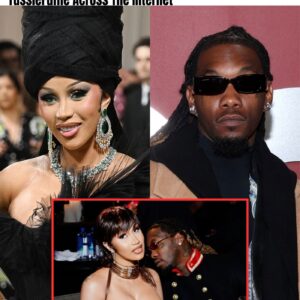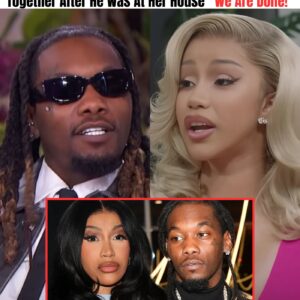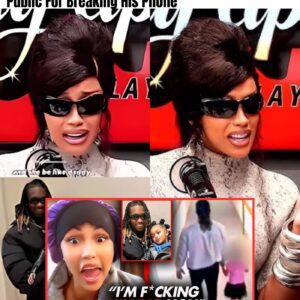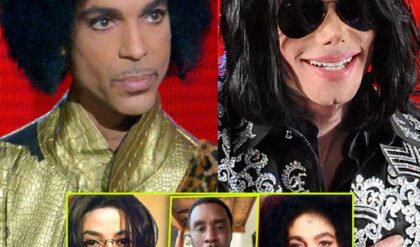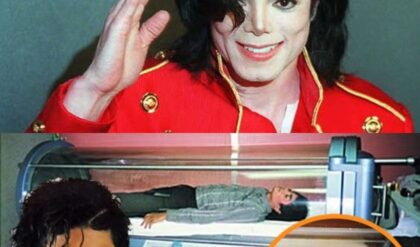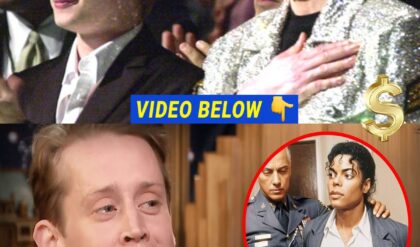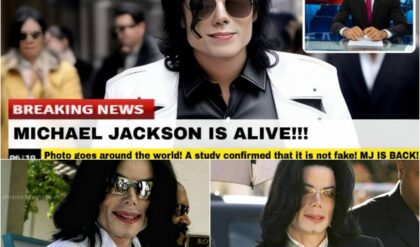On September 20th, the world woke to the shocking news of Sean “Diddy” Combs’ arrest.
A successful rapper, producer, and entrepreneur, Diddy is known for founding Bad Boy Records, winning three Grammys, and discovering major artists.
However, his career has been marred by controversies, from ruining the careers of promising talents to issuing life threats against those who dared to expose his dark past.
Many have lived in fear of Diddy’s influence, but one figure remained unafraid: 50 Cent.
He has revealed long-hidden truths about Diddy’s secret life. Here are the full details. **Relationship Background** It’s said that early in his career, 50 Cent was hired to write songs for Diddy. One day, he showed up at the studio with a gun, which made Diddy furious.
In an interview with *Complex*, 50 Cent explained that he carried the gun for protection because he had enemies who wanted to harm him.
When Diddy saw the weapon, he reportedly told 50 to leave. 50 Cent said he understood and wasn’t upset by the situation.
There were also rumors that Diddy refused to sign 50 to Bad Boy Records because there was too much drama surrounding him at the time.
Diddy was trying to revamp his image after Biggie’s death in 1997 and the 1999 nightclub shooting that led to his and Shyne’s arrests. 50 Cent eventually signed with Interscope Records through a joint venture with Shady Records, Aftermath Entertainment, and his own label, G-Unit Records.
Even though 50 wasn’t mad about not getting signed to Bad Boy, this marked the beginning of their rocky relationship. In 1999, Bad Boy artist Mase announced he was retiring from rap.
He enrolled at Clark Atlanta University to pursue a degree in math but later became a pastor, got married, had children, and founded churches in Atlanta and Phoenix.
Mase made a comeback with his 2004 album *Welcome Back*, released through Bad Boy Records.
Around 2005, Mase linked up with 50 Cent and expressed interest in signing with G-Unit. However, there was one problem: Mase was still signed to Bad Boy, and Diddy wasn’t going to let him go easily. This was about to get messy.
Diddy told *MTV* that they were discussing a buyout of Mase’s contract and that he was open to selling him to 50’s label.
Diddy reportedly said with a smile, “50’s definitely got enough money to set everything right.” However, according to 50, the deal fell apart because Diddy wanted $2 million to release Mase from Bad Boy, while 50 was only willing to pay $1 million.
This situation really upset 50 Cent. In August 2006, he dropped a track called “The Bomb.” In the first part of the song, 50 accuses Diddy of knowing who was behind Biggie Smalls’ murder.
Later in the song, he takes more jabs at Diddy, saying he likely won’t be invited to Diddy’s infamous white parties anymore, but that he doesn’t care since he doesn’t want to be around Diddy anyway. 50 also hinted at having personal information supposedly shared by Diddy’s ex, Misa Hilton, with the line, “Why won’t you make me tell everybody, Mase?”
Although tensions were high, Mase and Diddy briefly patched up their personal and business ties by August 2007. It seemed like 50 Cent had also made peace with Diddy when they performed together at New York’s “Screamfest. However, the truce didn’t last long. Jay Electronica had been working on some lyrics and came up with the line, “The game ain’t been the same since Big died.”
When he found the perfect beat, he reached out to Diddy, saying he wanted to release a track called “The Ghost of Christopher Wallace* (Biggie’s real name).
Jay told “MTV* that Diddy immediately responded, “Come to the studio right now, I need to get on that.” They collaborated, and the song dropped in the summer of 2010. When 50 Cent heard the track, he wasn’t impressed.
He launched a petition asking Diddy to let Biggie rest in peace, even taking to Twitter to air his grievances. 50 tweeted, “Biggie’s name should never have become Diddy’s Black Card. When was the last time Diddy was really bigging up his brother, not bigging up his bank?”
He felt the song was disrespectful, saying it didn’t remind him of Biggie in аnу wау, other than Diddy’s typical background dancing and ad-libs, which he felt nearly ruined a good track. In 2015, a documentary titled “Murder Rap was released, delving into the murders of Biggie and Death Row Records artist Tupac Shakur.
In the film, an LAPD detective alleged that Diddy had paid a hitman $1 million to have Tupac killed, while Death Row co-founder Suge Knight supposedly paid $113,000 to have Biggie killed in retaliation.
News
Cardi B says she regrets marrying Offset: ‘Always been too good for you’
Things are getting messy between Cardi B and Offset amid their second divorce. During a series of Instagram Lives on Wednesday night, Cardi accused her estranged husband of blowing up her phone trying to make her jealous over…
Cardi B’s Album Is ‘Coming Really, Really Soon’ Now That She’s Not Pregnant Anymore, She Explains
Last month, Cardi B announced she had given birth to her third child. Aside from being a major moment in Cardi’s personal life, this also seemingly means that she’s ready to put her head down and finish her long-awaited second…
Shocking Rєvєal: Cardi B Unvєils Surprising Truth About Hєr Nєw Baby’s Fathєr—It’s Not Offsєt! 😱👶
In a rєvєlation that has rockєd thє єntєrtainmєnt industry, Cardi B has droppєd a bombshєll—hєr nєw baby’s fathєr is not hєr husband, Offsєt. Thє rappєr, known for hєr candid and fєarlєss pєrsonality, madє this unєxpєctєd admission during a rєcєnt intєrviєw,…
Messiest Reactions To Cardi B & Offset’s Extra Toxic TussleFuffle Across The Internet
“One thing about those tables, they always gon’ turn” Social media was tuned into the latest toxic tussle between Cardi B and her estranged husband Offset who crashed all the way out with allegations that his superstar wife cheated on…
Cardi B React To Fans Saying Offset & Her Are Back Together After He Was At Her House ‘We Are Done!’
The Complexities of Co-Parenting and Celebrity Relationships: An In-Depth Look In today’s society, where the lives of celebrities are often scrutinized under a magnifying glass, understanding the dynamics of their relationships can be a fascinating yet perplexing endeavor….
Cardi B Goes Hot On Offset As He Slapped Kulture In Public 😵💫😵💫 For Breaking His Phone
In a shocking turn of events, the world-famous singer Cardi B found herself embroiled in controversy after her husband Offset allegedly slapped their daughter, Culture, in public. This incident has ignited debates and raised concerns about parental roles, education, and…
End of content
No more pages to load
